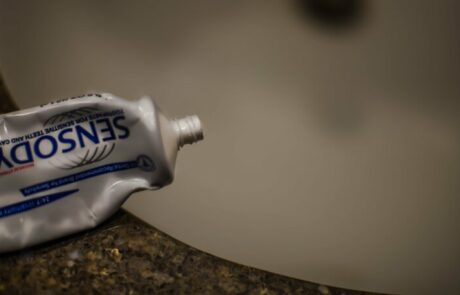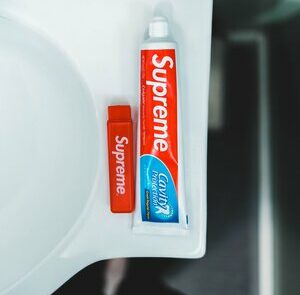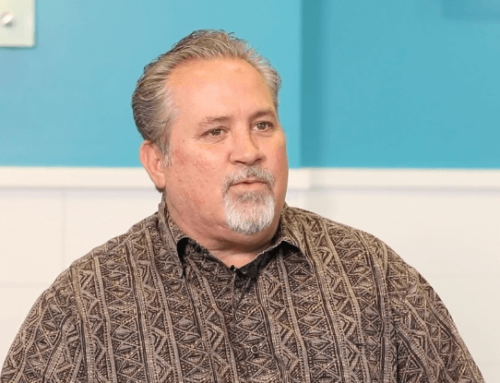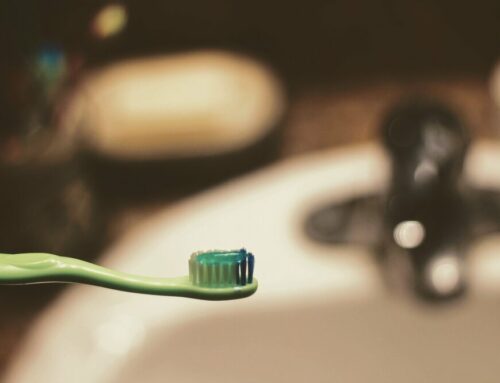The internet is filled with misinformation about fluoride and its effectiveness in fighting tooth decay. While many articles claim it is unsafe and has nothing to do with fighting tooth decay, the science speaks for itself. Here are 5 common myths that are spread about fluoride and the truth about each myth.
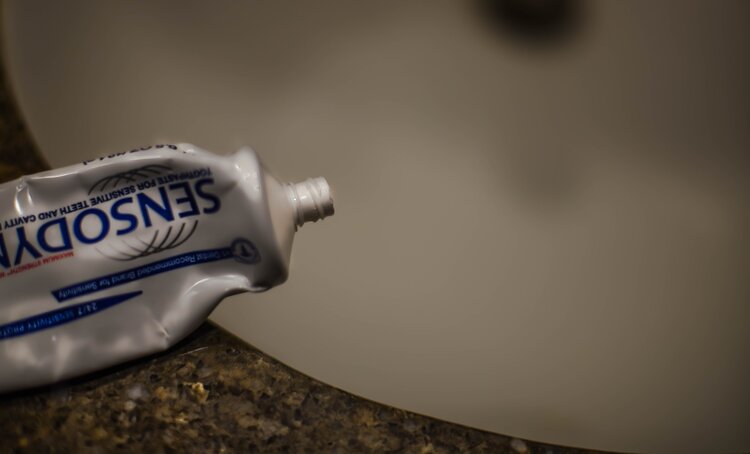
Myth #1 Fluoride Doesn’t Impact Tooth Decay
Drinking water with fluoride and brushing your teeth regularly with a fluoride toothpaste strengthens your teeth directly as the fluoride combines with the calcium and phosphate that is already in your saliva. When the calcium, phosphate, and fluoride are combined with each other, it creates fluorapatite. When the fluorapatite washes over your teeth as you swallow your saliva or while you eat, it washes and strengthens your teeth directly.
Myth #2: You’ll Develop Fluorosis
Fluorosis is a condition where fluoride significantly hardens and stains teeth developed early in childhood. Individuals with fluorosis have an incredible resistance to developing cavities, but the condition also can leave deep pits in teeth and a stained yellow color. If you didn’t develop this during your early childhood while your adult teeth were forming, you won’t develop this condition after the teeth have developed and have erupted.
Myth #3: Fluoride is Dangerous to Drink
While fluoride is a natural element in water, the process of adding fluoride to drinking water, called fluoridation, is a common water treatment across the United States. For nearly the last 100 years, it’s been a safe and effective additive to drinking water, and it particularly helps to fight tooth decay. For every $1 invested into fluoridation it saves $38 in dental bills.
Myth #4: Fluoride is Dangerous for Children
While children under eight years old are at risk for developing fluorosis, it takes an extremely high amount of fluoride for children to develop that condition. Fluoride is safe for consumption. It is naturally found in water and is a necessary element to combat tooth decay with. While excessive exposure is rare, fluoride can cause skeletal and thyroid problems, but remember, you and your family will not be exposed to excessive amounts only through drinking water and using dental products.

Myth #5: Fluoride in Toothpaste Isn’t Necessary Because It’s In Water
While most drinking water across the United States has fluoride in it, it’s difficult to gauge how much fluoride you’re actually consuming and introducing into your system. Regularly brushing with fluoride toothpaste takes out that guess work and you’ll always have a consistent amount of fluoride cleaning and strengthening your teeth. Using this website, you can see if your county’s water is fluoridated. If it isn’t, take extra precautions to add fluoride by using a fluoride toothpaste.
Schedule an Appointment
If you have any further questions to ask our dentists about fluoride, we can discuss the answers at your next appointment! To schedule an appointment, follow the button below!

